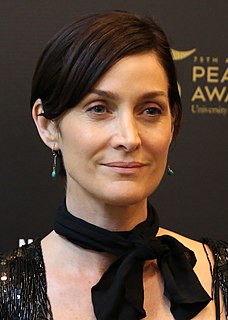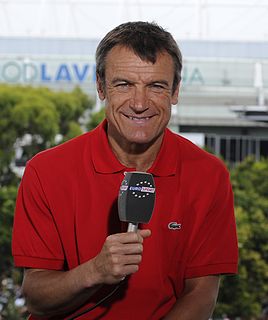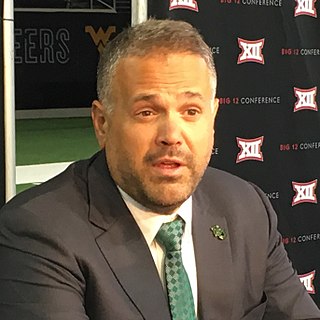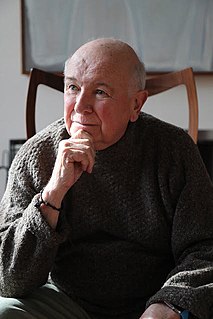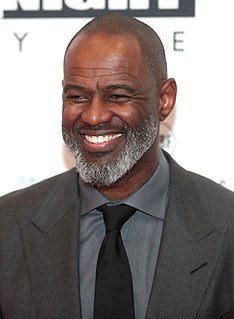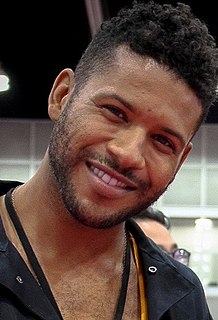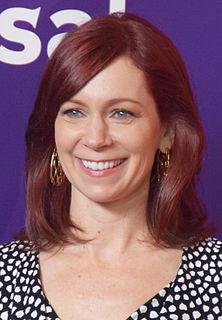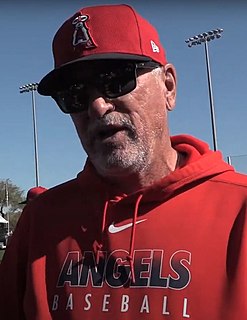A Quote by Al Pacino
I'm an actor, and everything about me - the way I perceive things, the way I have seen the world - has been in relation to characters and how I would want to play something or not play it.
Related Quotes
Work with good directors. Without them your play is doomed. At the time of my first play, I thought a good director was someone who liked my play. I was rudely awakened from that fantasy when he directed it as if he loathed it. . . . Work with good actors. A good actor hears the way you (and no one else) write. A good actor makes rewrites easy. A good actor tells you things about your play you didn't know.
Semantics is about the relation of words to thoughts, but it also about the relation of words to other human concerns. Semantics is about the relation of words to reality - the way that speakers commit themselves to a shared understanding of the truth, and the way their thoughts are anchored to things and situations in the world.
I basically enjoy doing films that are about something, that have complex roles that I can sink my teeth into. Basically, I gravitate to things that scare me. They might be things that I don't think I know how to play. I like trying to find within me where this character may exist. Whether is it is a fictional character or not I am not motivated by that. It is more about how challenging it is. It is just so happens that the more high profile things I have done have been historical characters.
One of the good thing about theater in the states, is that the playwright we do have a say, especially in the beginning, when the play is being discussed around the table. We talk about the play, and the actors listen, and there have been cases, you disagree on something... I mean, actors don't usually tell you what they're going to do, they do it. Of course, you try to speak with the director and say, "Is there any way you can bring this actor to do something different?" You try as much as you can, but then, you also have to be open to interpretation.

